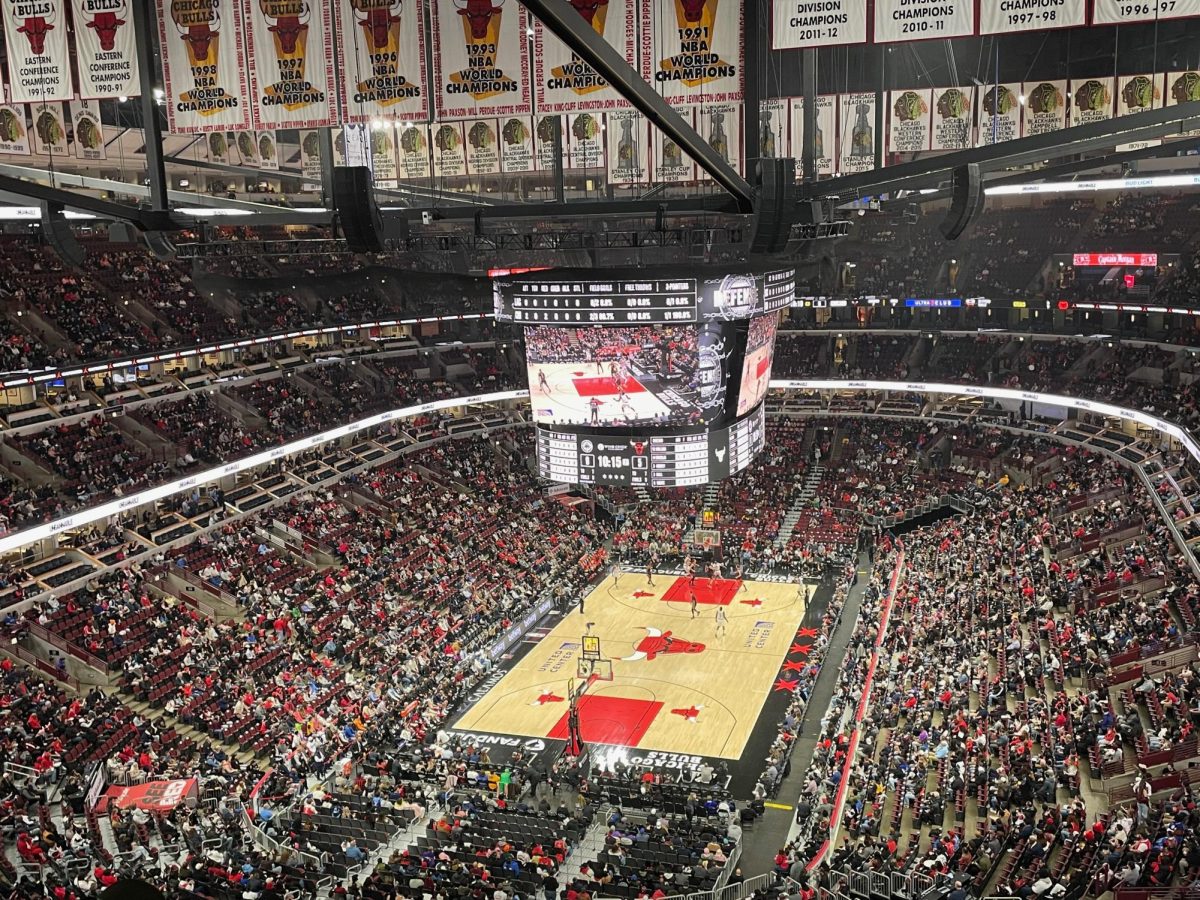Every Saturday, ESPN or ESPN2 tries to market soccer as a prime weekend afternoon activity by showing a high-profile match. I’ve caught a few of these “MLS Soccer Saturdays” during the past couple of weeks, and find that they reveal how MLS has changed since its inception eight years ago. Overall, the pace of play has become more methodical; most of the squads in the 10-team league look a bit more settled; and, with scores of Americans now plying their trade in respectable domestic competition, the league has adopted a more youthful look. Still, one important question remains: where are the goals?
The vast majority of the 15 games played thus far have ended with a score of 1-0 or 1-1. The April 26 game between DC United and Chicago resulted in a 0-0 tie. Now, don’t get me wrong–I have absolutely no problem with low-scoring matches. Some of the most exciting games end up as 0-0 draws. The problem with MLS, however, is that the low scores hint at more than a lack of finishing or certain forwards still searching for their final touch. Unfortunately, in most matches, teams are failing to generate enough real scoring chances.
Scoring chances, and the attractiveness of attacking soccer, put fans–especially American fans–in the seats. There’s a lot of tactical worth and benefit to playing a defensive style, with players lying back for 90 minutes and then springing the occasional counterattack. Moreover, teams around the world play for draws; squads purposely try to slow down the pace of their matches to limit the opposition’s scoring chances.
Furthermore, many coaches are feeling pressured, and some managers are beginning to adopt more conservative strategies. An example is Bob Bradley’s NY/NJ Metrostars. The Metros have only scored three goals in three games, and they have created very few chances. Currently, the Metros are 1-1-1, and Bradley has not disappointed. Similarly, the New England Revolution, who lack a strong midfield, tend to sit back, relax, and count on their star forwards Taylor Twellman or Joe-Max Moore to bag them a goal at the end.
These strategies do nothing for MLS’s health. This type of play only leads to overly methodical, somewhat lackluster soccer on the pitch. Granted, it is a sign of the league’s continued growth that a squad can keep possession of the ball and string passes together around the field. In the early days of the league, sustained possession was a rare occurrence indeed. Now, midfielders link up well together, and teams take care of the ball a bit better. The teams continue to struggle, however, with attacking in the last third of the field.
To be fair, MLS does not boast an excess of creative talent. The league has its share of great defenders like Eddie Pope and Carlos Bocanegra; some speedy forwards in Taylor Twellman and Carlos Ruiz; and outstanding goalkeepers in Tim Howard and Adin Brown. But outside of perhaps the Columbus Crew’s Kyle Martino, the league has very few central midfielders who link the defense with the attack and score critical goals for their squad. Right now, MLS could really use another Carlos Valderrama, or even the services of someone like Claudio Reyna returning to help U.S. soccer.
Of course, those things aren’t going to happen. Valderrama has retired after a colorful, productive career, and Reyna will look to help Sunderland next year after he recovers from his knee injury. To produce more scoring chances, managers need to utilize more liberal tactics. Simply preaching the benefits of attacking soccer can help. Instead of advocating a more counterattacking, defensive style, coaches could encourage defenders to get more involved with the attack, and teams could simply try to push the pace of play.
Admittedly, personnel plays a big role in creating scoring opportunities and goals. MLS simply does not boast enough world-class attackers to create a free-flowing, attacking style of league play. Along with improving personnel issues, though, changing the general ethos of a team can help. If a team consistently plays a defensive system, with perhaps only five men contributing to the attack, a team’s mentality will inexorably become more defensive. Goals will then become harder to attain, and teams will continually play for 1-0 results.
Right now, with the lack of scrutiny on MLS, teams can take more liberal strategies and play with less hesitancy. Sure, coaches and players face pressure from the press and their fans to achieve winning records, but MLS still has one primary purpose: growth. Teams need to expand their respective fan bases, and MLS needs to be able to sell itself as a dynamic, energetic soccer league. The league is still growing, and it has not completely reached its potential as a viable league in the U.S. To expedite this process, MLS teams need to take up a new mantra: open the game up.








